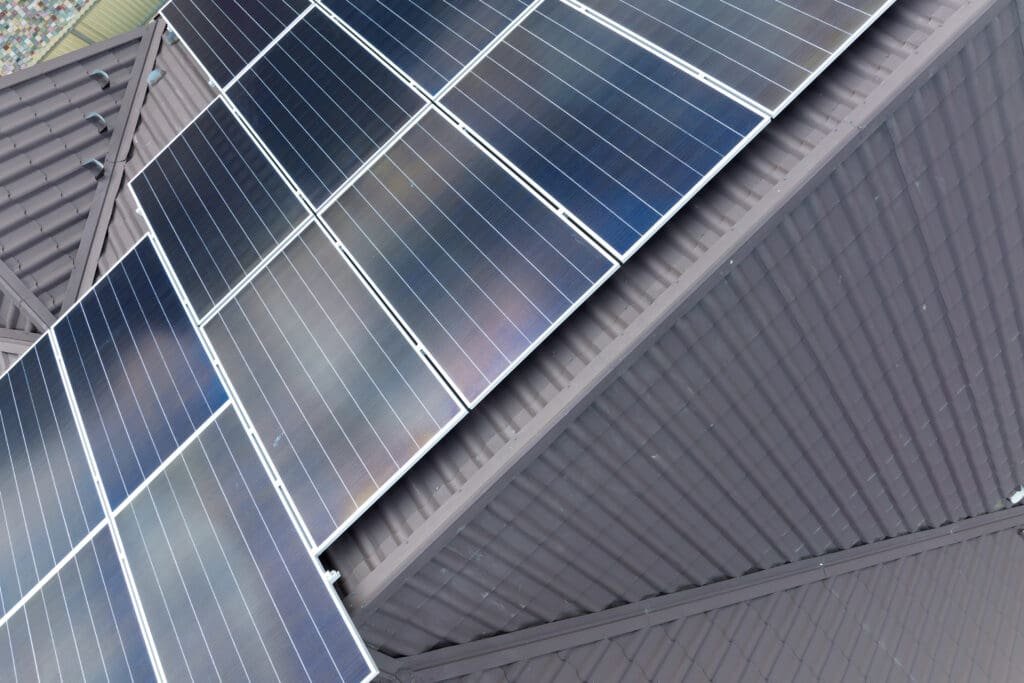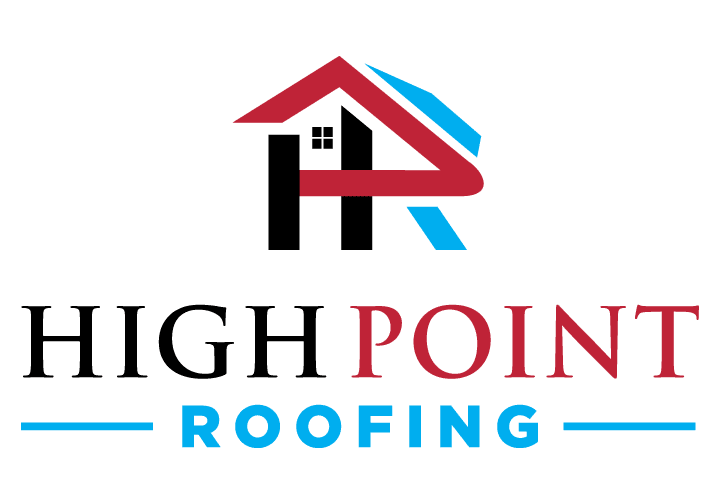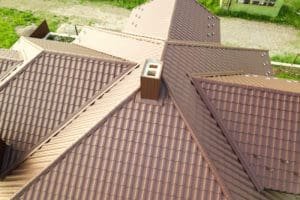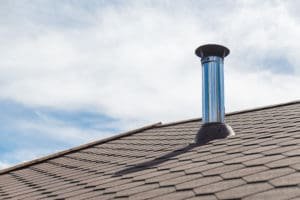Solar panels have become increasingly popular as a source of renewable energy. With their ability to convert sunlight into electricity, they offer numerous benefits to both the environment and homeowners. However, like any technology, solar panels also come with some drawbacks. In this comprehensive guide, we will explore the pros and cons of solar panels, helping you make an informed decision about integrating them into your home.
Understanding Solar Panels
The Science Behind Solar Panels
Solar panels work by harnessing the photovoltaic effect, a scientific phenomenon discovered in the 19th century. When sunlight hits the solar cells within the panels, it excites the electrons, generating direct current (DC) electricity. An inverter then converts this DC power into alternating current (AC) electricity, which can be used to power our homes.
The photovoltaic effect is a fascinating process that involves the conversion of light into electricity. This phenomenon occurs when photons from sunlight strike the solar cells, knocking electrons loose from their atoms. These free electrons create an electric current when captured and directed through an external circuit. This flow of electrons is what produces the electrical energy that can be utilized to power various devices and appliances in our homes.
Types of Solar Panels
There are several types of solar panels available today, including monocrystalline, polycrystalline, and thin-film. Monocrystalline panels are made from a single crystal structure, making them highly efficient but also more expensive. Polycrystalline panels are composed of multiple crystals, offering a slightly lower efficiency but at a more affordable price. Thin-film panels, on the other hand, are made by depositing a thin layer of photovoltaic material onto a substrate, providing flexibility but with lower efficiency.
Each type of solar panel has its own unique characteristics and advantages. Monocrystalline panels, with their high efficiency rates, are ideal for installations where space is limited but energy production is crucial. Polycrystalline panels, while slightly less efficient, are a cost-effective option for those looking to invest in solar energy without breaking the bank. Thin-film panels, with their lightweight and flexible design, are perfect for applications where traditional solar panels may not be suitable, such as curved surfaces or portable solar chargers.
The Advantages of Solar Panels

Environmental Impact
One of the significant advantages of solar panels is their positive impact on the environment. Solar energy is a clean and renewable source of power, producing no greenhouse gas emissions during operation. By reducing dependence on fossil fuels, solar panels help combat climate change and air pollution, making them a crucial component of a sustainable future.
Furthermore, the manufacturing process of solar panels has become more environmentally friendly over the years. Manufacturers are increasingly adopting sustainable practices and using recycled materials to reduce the overall carbon footprint of solar panel production. This commitment to eco-conscious manufacturing extends the environmental benefits of solar panels beyond their operational phase.
Financial Benefits
Solar panels also offer financial benefits to homeowners. By generating your own electricity, you can lower your monthly utility bills significantly. In some cases, you can even eliminate them altogether by feeding excess energy back into the grid through net metering programs. Additionally, various government incentives, such as tax credits and grants, are available to encourage the adoption of solar energy, making it a financially viable investment.
Moreover, the long-term financial returns of solar panels are impressive. While the initial investment may seem substantial, the savings on energy bills and potential earnings from selling excess energy back to the grid can lead to significant cost savings over the lifespan of the solar panels. This financial stability and predictability make solar panels an attractive option for homeowners looking to reduce their long-term energy costs.
Energy Independence
With solar panels installed, you can reduce your reliance on the power grid and gain a sense of energy independence. This is particularly advantageous during power outages and emergencies when your solar panels can continue to provide electricity to essential appliances. By having your own renewable energy source, you can be more self-sufficient and less susceptible to fluctuations in energy prices.
Furthermore, energy independence through solar panels promotes resilience in the face of natural disasters and grid failures. In times of crisis, having a reliable source of electricity can be life-saving, allowing you to maintain communication, refrigeration, and medical devices. This added layer of security and preparedness highlights the importance of solar panels not just for financial savings but also for ensuring a reliable power supply in challenging circumstances.
The Disadvantages of Solar Panels
Initial Investment Costs
One of the main disadvantages of solar panels is the initial investment required. While prices have significantly decreased over the years, the upfront cost of purchasing and installing solar panels can still be substantial. However, it is essential to consider the long-term savings and the potential return on investment. Many homeowners find that the financial benefits outweigh the initial expense in the long run.
Weather Dependency
Solar panels rely on sunlight to generate electricity. As such, their performance can be affected by weather conditions. Cloudy or overcast days may reduce the amount of energy produced, although panels can still generate power even in diffused sunlight. Additionally, solar panels do not operate at full capacity during nighttime. However, advancements in technology, such as battery storage systems, can help overcome these limitations, ensuring a more consistent energy supply.
Space Requirements
Another consideration is the space required for solar panel installation. Depending on the size of your energy needs, a significant number of panels may be necessary, requiring ample roof or ground space. It’s also vital to consider any obstructions, such as trees or nearby buildings, that could cast shadows and affect panel performance. However, solar panels can often be installed on rooftops, which maximizes space utilization and reduces the need for additional land.
Furthermore, the space required for solar panel installation can have additional benefits beyond energy generation. By utilizing rooftops or open areas, solar panels can help reduce the urban heat island effect. This effect occurs when urban areas absorb and retain heat, leading to higher temperatures. Solar panels, by covering these surfaces, can help reflect sunlight and reduce heat absorption, thus mitigating the urban heat island effect and creating a more comfortable environment.
Moreover, the installation of solar panels can also contribute to the overall aesthetics of a building or property. With advancements in design and technology, solar panels can now be integrated seamlessly into the architecture, enhancing the visual appeal of the structure. This integration can be particularly beneficial for commercial buildings, where solar panels can serve as a statement of sustainability and environmental consciousness, attracting eco-conscious customers and clients.
Evaluating Your Solar Panel Needs

Assessing Your Energy Consumption
Before installing solar panels, it’s crucial to assess your energy consumption. Understanding how much electricity your household consumes on average will help you determine the appropriate size and number of panels needed to meet your needs. Analyzing energy usage patterns and identifying energy-saving opportunities, such as efficient appliances or insulation improvements, can further optimize the solar panel system’s effectiveness.
Moreover, conducting an energy audit can provide valuable insights into areas where energy efficiency can be improved. This audit may involve examining past utility bills, monitoring energy usage in real-time, and using energy monitoring devices to pinpoint high-consumption areas. By fine-tuning your energy usage habits and making necessary adjustments, you can not only reduce your electricity bills but also ensure that your solar panel system is tailored to your actual energy needs.
Considering Your Geographic Location
The amount of sunlight your location receives plays a significant role in how efficiently solar panels can generate electricity. Areas with abundant sunshine, such as deserts or regions closer to the equator, are ideal for solar energy production. However, solar panels can still be viable in locations with less sunlight, thanks to their ability to generate power even under lower light conditions. Consult with a solar panel installer or conduct a solar resource assessment for your specific geographic location to understand its solar energy potential.
Furthermore, factors like shading from nearby buildings or trees, local weather patterns, and the angle and orientation of your roof can impact the performance of your solar panels. It’s essential to consider these variables when designing your solar panel system to maximize its efficiency and output. Additionally, advancements in solar panel technology, such as bifacial panels or solar trackers, can help optimize energy production by adjusting panel angles throughout the day to capture more sunlight.
Installation and Maintenance of Solar Panels

Choosing a Solar Panel Installer
When it comes to installing solar panels, choosing a reputable and experienced installer is paramount. Research different installers in your area, review customer feedback, and compare quotes. A professional installer will assess your specific needs, guide you through the installation process, and ensure that your system meets safety and efficiency standards. It’s also important to inquire about warranties and after-sales services provided by the installer.
One of the key factors to consider when choosing a solar panel installer is their level of expertise. Look for installers who have a proven track record in the industry and have successfully completed numerous installations. This will give you confidence in their ability to handle your project effectively and efficiently.
Furthermore, it is advisable to check if the installer is certified by relevant industry bodies. Certification ensures that the installer has undergone rigorous training and adheres to industry best practices. This will give you peace of mind knowing that your solar panel installation is being carried out by professionals who are knowledgeable and skilled in their field.
Ongoing Maintenance and Potential Issues
While solar panels require minimal maintenance, routine inspections and cleaning are necessary to ensure optimal performance. Dust, dirt, and debris can accumulate on the surface of panels, reducing their efficiency. Regular cleaning with a soft brush or a mild detergent solution can help remove these particles and maintain the panels’ effectiveness.
In addition to cleaning, it is important to monitor the performance of your solar panel system regularly. This can be done through a monitoring system that tracks the energy production and alerts you to any potential issues. By keeping a close eye on the system’s performance, you can identify and address any problems promptly, such as faulty wiring or damaged components.
Another aspect of ongoing maintenance is ensuring that your solar panels are protected from extreme weather conditions. While solar panels are designed to withstand various weather conditions, it is still important to take precautions. For example, in areas prone to heavy snowfall, it may be necessary to install a snow guard system to prevent snow accumulation on the panels, which can hinder their performance.
In conclusion, solar panels offer numerous advantages, including environmental sustainability, potential cost savings, and energy independence. However, it’s essential to consider their upfront costs, potential weather dependencies, and space requirements before making a decision. By evaluating your energy consumption and geographic location, you can determine the suitability of solar panels for your home. Proper installation and ongoing maintenance will ensure that your solar panels continue to provide clean, renewable energy for years to come.





